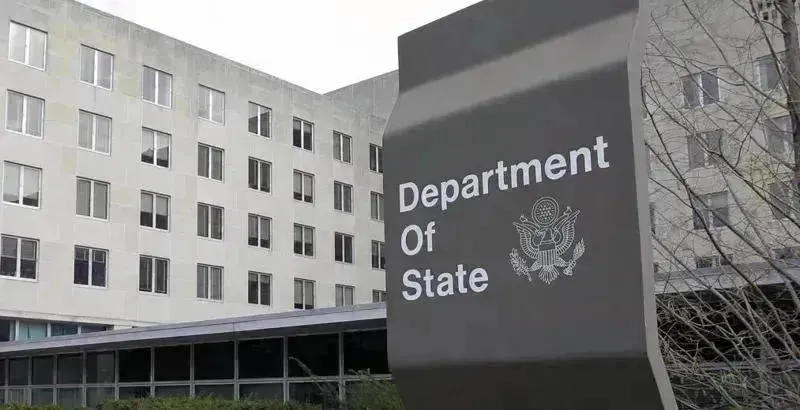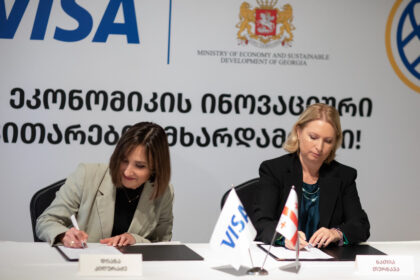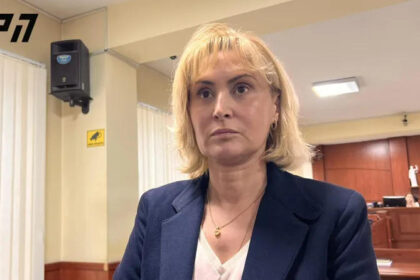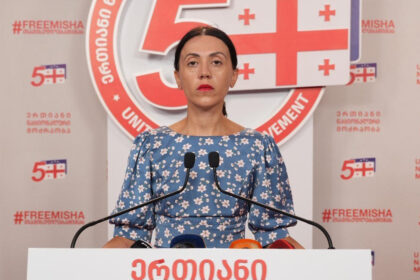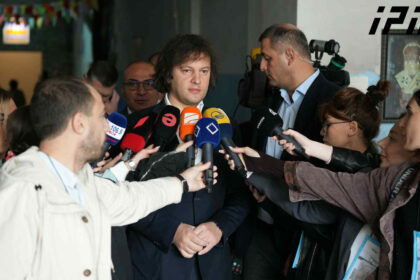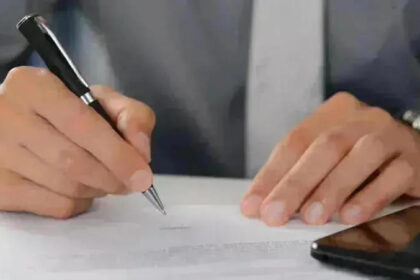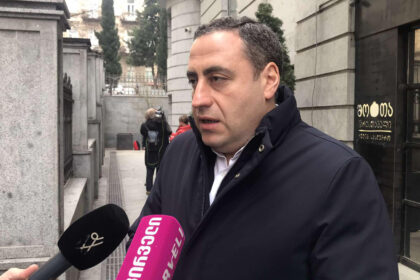The U.S. Department of State has released its 2025 Trafficking in Persons Report, which concerns Georgia as well.
According to the report, the Georgian government fully meets the minimum standards for the elimination of human trafficking.
“The government continued to demonstrate serious and sustained efforts during the reporting period; therefore, Georgia remained on Tier 1. These efforts included convicting more traffickers, identifying more victims, and increasing funding for anti-trafficking shelters. For the first time in several years, courts awarded victims compensation in civil suits. The General Prosecutor’s Office (GPO) issued a directive mandating victim-witness coordinators in trafficking cases.
Although the government meets the minimum standards, it investigated fewer trafficking cases, and overall efforts to identify and prosecute sex trafficking cases were inadequate. Law enforcement required victims to remain in country through the end of the trial, potentially hindering cooperation from foreign victims wanting to repatriate, and judges have never awarded restitution in criminal cases. The government’s efforts to identify and refer to services victims who did not wish to participate in law enforcement proceedings remained minimal. The government’s lack of systematic cooperation with civil society impeded anti-trafficking efforts”, reads the report.
The report recommends that the following be implemented:
Vigorously investigate and prosecute trafficking crimes, especially sex trafficking, and seek adequate penalties for convicted traffickers, which should involve significant prison terms.Proactively identify trafficking victims by screening for trafficking indicators among vulnerable populations, including individuals in commercial sex, child laborers and children who are homeless, and Georgian and foreign workers in vulnerable labor sectors.Implement procedures to improve the Permanent Group’s ability to consistently and accurately identify victims.Improve law enforcement’s capacity to investigate complex cases, including advanced training on money laundering, organized crime, and digital evidenceIncrease resources and training to plan intelligence and evidence-led law enforcement operations with victim-centered approaches.Encourage victims’ participation in investigations and prosecutions through victim-centered court procedures, including remote testimony or funding for travel and other expenses for victims to attend court hearings.Increase the labor inspectorate’s resources and capacity to identify trafficking victims.Improve measures to order restitution for victims, including training prosecutors and judges on asset seizure and legal assistance.Increase cooperation with civil society to assist the government’s efforts to prevent trafficking and protect victims.Increase awareness-raising campaigns about the existence of trafficking, legal recourse, and available protection services for vulnerable groups.Develop guidelines and procedures for victim-witness coordinators and other victim assistance providers to strengthen coordination.Increase transparency of the inter-ministerial trafficking coordination council and regularly publish information on the government’s anti-trafficking efforts.The report also notes that the regions of Georgia occupied by Russia remained outside the control of the Georgian government and that the so-called authorities in these regions were supported by Russian forces.
According to the report, the Tier 1 group of countries includes: Argentina, Australia, Austria, Bahamas, Bahrain, Belgium, Canada, Chile, Cyprus, Czech Republic, Denmark, Estonia, Finland, France, Georgia, Germany, Guyana, Iceland, South Korea, Lithuania, Luxembourg, Netherlands, Philippines, Poland, Seychelles, Singapore, Slovenia, Spain, Suriname, Sweden, Taiwan, United Kingdom and the United States.
Department of State releases 2025 Trafficking in Persons Report, which covers Georgia as well
